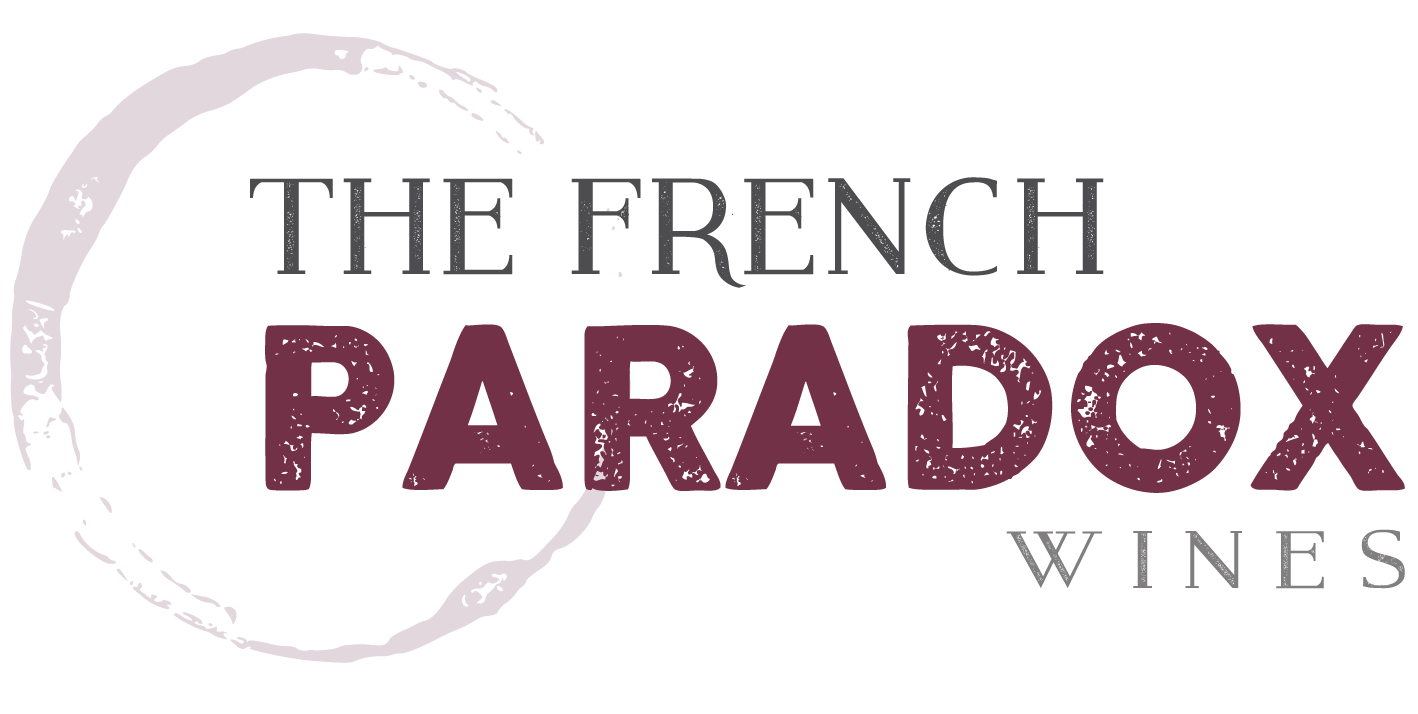I, of course, am in the wine business, so my perspective on wine is different from that of most consumers. That doesn’t make me better or smarter but it is a fact that I likely have more, and more accurate information, about wine than most (if not all) consumers. Not only do I do this for a living (such as it is) but I also really, really like wine and continue to find it fascinating.
Wine is beguiling (at least) due to its contradictions. It’s really very simple to make; wine basically makes itself. But the variables in the vineyard; some stable, like location, elevation and soil; others more arbitrary, like irrigation, density, and pruning regiment; in conjunction with the variables in the cellar (type of yeast, type of fermentation vessel, length of fermentation, temperature of fermentation, aging protocol, etc., etc.) can make the finished product very complex, both in terms of style and taste. And because so many of those variables are specific to a single brand, area or wine, the sheer volume of the variances in taste is overwhelming.
For that reason, I find it astonishing that consumers select wine based upon minimally impactful criteria (like color). People that think they don’t like a color of wine just need to get out more. The color of the wine is arguably the least indicative factor of the flavor of the wine.
But that’s really not my beef. The real problem that I see is that accruing wine knowledge is somehow leading to less openness rather than more. As in, anecdotally, when the wine novice visits Napa Valley and comes back convinced that those wines, from a particular producer, are the GREATEST IN THE WORLD. Or, also anecdotally, someone reads an article from a barely knowledgeable wine writer and then believes that a particular vintage is the GREATEST IN THE CENTURY.
People, people, people…listen up!
Every wine region on the planet makes bad wine. Quite a few of them make very good wine, some of which you might actually like. But even if you don’t like a particular wine from a particular place, that doesn’t mean the wine is bad. It just means that you don’t like it. Nothing more. And, by the way, you can change your mind. The wine that you don’t like on Tuesday might be perfect on Sunday because the context (who, what, where & how) changed.
Wine doesn’t exist in a vacuum, because we don’t. We actually imbibe, we taste and consume the wine. So all the other variable factors (who, what, where & how) that exist when we’re actually consuming said wine, influence our reaction to said wine, for better or worse.
So that is why it is particularly nonsensical to pay attention to scores. Not merely because a numerical system with no basis for measurement is fraudulent (which it is) or because wine critics refuse to acknowledge their own bias (which they have) but also because there is no way to measure and apply context. So, the opinion of the wine critic is merely an opinion, regardless of the meaningless number assigned to it. You can value it or not, but recognize that it’s nothing more than opinion and said critic very likely has little or no actual empirical wine knowledge on which to base his opinion. A platform does not an expert make.
Likewise, the knowledge gained on the Napa Wine Train is contextual as well. Its fun, its beautiful, the wine tastes good and the sales reps are so knowledgeable and sincere (or so it seems) that absolutely you believe them. Add in the impaired judgement that alcohol imparts and the wine novice becomes the immediate expert. And that’s fine. But in the larger context of the vast and enormous world of wine, that grain of knowledge is minute. Not bad, not inaccurate, but also not encompassing.
So what’s the answer?
Stop judging. Embrace the mystery. Don’t speak in terms of absolute certainty. Be wrong. Try wines that you’ve never heard of. Forget about silly distinctions like sweet or dry or color. It’s only wine. What have you got to lose?
